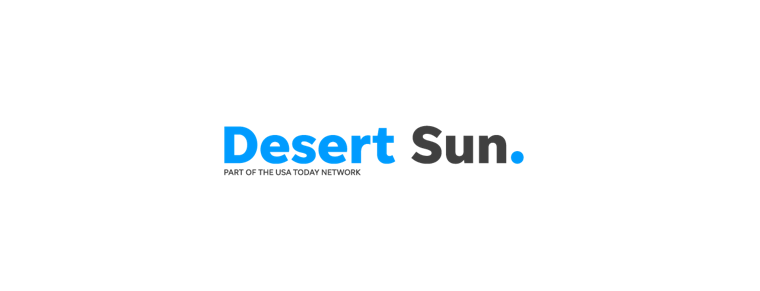The Desert Sun
By Aaron Hichman
September 23, 2024
I grew up working in my family’s hardware store, where I not only learned the value of hard work, but also the importance of caring for employees and ensuring the entire business ran smoothly. We treated everyone who worked at our store like family and did our best to support them. This same spirit motivated me to co-found the California Retail Hardware Association.
Today, local businesses in the Coachella Valley aren’t just competing with the store down the street – now, giants like Amazon are always just one click away. To survive and thrive, we cannot rely on outdated strategies. Innovation is the lifeblood that keeps businesses running and competing.
Unfortunately, it doesn’t seem like the Consumer Financial Protection Bureau values innovation – or even protection, despite it being in the agency’s name. The CFPB has recently proposed a rule that would reclassify Earned Wage Access products as paycheck advance loans. This move is not only misguided, but also potentially damaging to the very workers and businesses that the CFPB is supposed to protect.
I am deeply concerned about the negative impact this rule could have on both employees and employers alike, particularly for those in the Coachella Valley where the cost of living is consistently higher than the national average and the median household income is significantly lower. In Coachella Valley cities like Palm Springs, Indio and Cathedral City, the cost of living is well over 20% higher than the national average, which is why EWA programs have become so essential for everyday survival.
EWA allows workers to access wages they have already earned without waiting for their next paycheck. These innovative tools help bridge the gap between pay cycles, offering critical freedom for all workers but particularly those that get one paycheck a month. Unlike payday loans, EWA products do not charge interest, impose mandatory fees or require credit checks. This distinction is crucial, yet the CFPB’s proposed rule ignores these fundamental differences.
Outside of the freedom for workers, EWA offers businesses significant benefits as well. Timely access to earnings reduces employees’ financial stress, leading to higher morale, increased productivity and reduced absenteeism. This fosters a more stable and engaged workforce. For local businesses in the Coachella Valley’s vital sectors – tourism, hospitality and retail – retaining employees is critical to maintaining customer service quality and operational efficiency. In this competitive landscape, EWA programs play an indispensable role in supporting both workers and employers throughout the region. The CFPB’s proposed rule threatens to disrupt these benefits, potentially making EWA services too costly or complex for businesses to offer.
Even the CFPB’s reasoning behind the proposal is seriously flawed. They’re using outdated definitions of “debt” and “credit” that don’t fit how EWA actually works. EWA doesn’t create debt like traditional loans do. Workers simply access the wages they’ve already earned, without facing interest charges, late fees or penalties. This makes EWA very different from the credit products that the CFPB is trying to regulate.
The CFPB also misinterprets the fees involved with EWA services. They claim that optional fees for faster access to wages or voluntary tips are like charges for credit, even though they aren’t mandatory and don’t directly relate to providing the service. This broad interpretation not only goes against previous regulatory understandings but could also lead to unnecessary restrictions on other financial products, like Venmo, which also charges a fee for optional services like instant transfer.
Given the financial challenges faced by so many residents in the broader Coachella Valley, it is vital to preserve tools that provide economic flexibility and security. In an era where financial inclusion and employee well-being are more important than ever, it is baffling that the CFPB would pursue a rule that threatens to undo progress.
These innovative financial tools provide safe, affordable access to earned wages, supporting employee well-being and the success of the businesses that employ them. Preserving these services is essential to maintaining a thriving workforce and a strong local economy in the Coachella Valley.
Aaron Hichman is the co-founder of the California Retail Hardware Association. He can be reached ataaron@crhwa.org.
